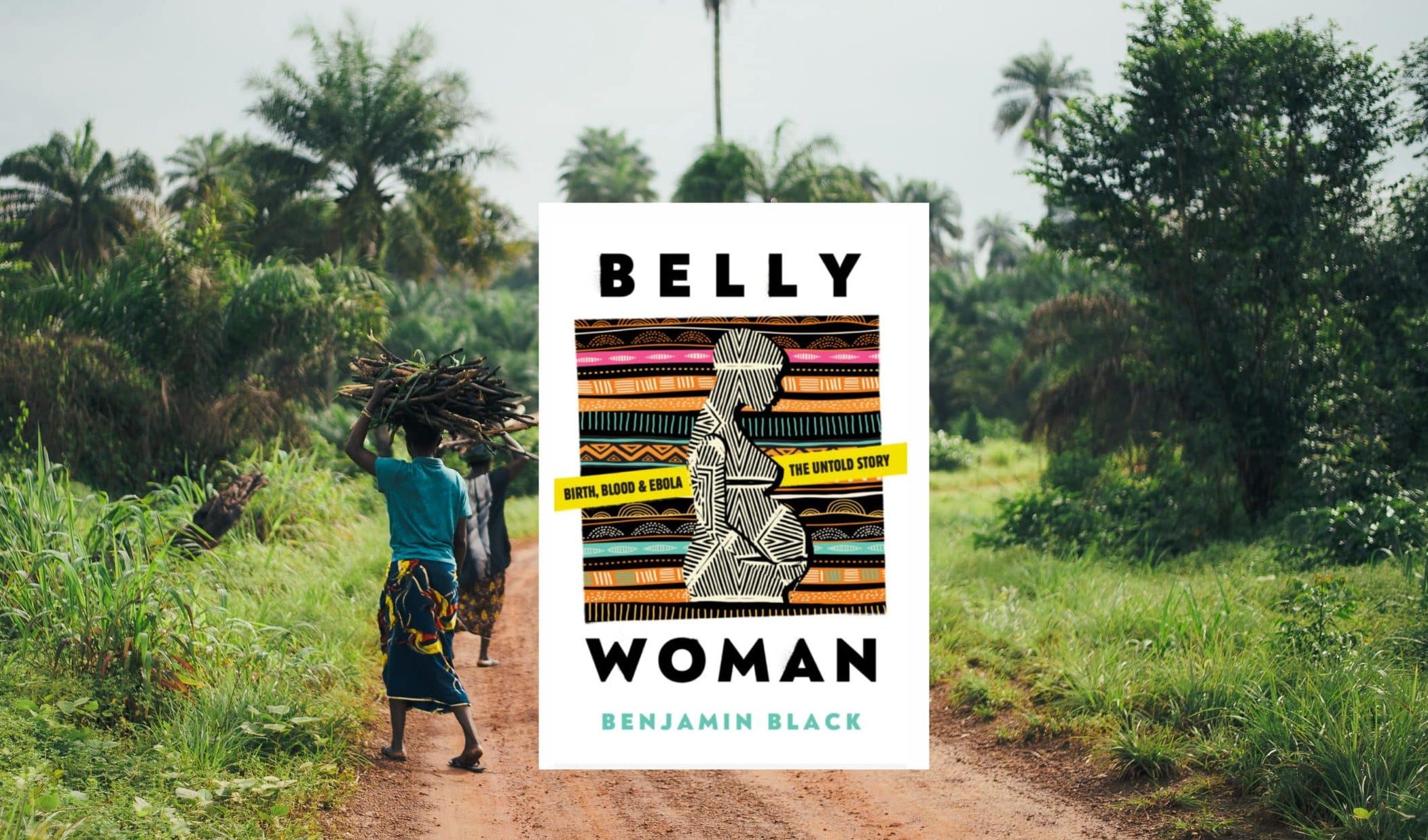 Trisha Greenhalgh is professor of primary care at the University of Oxford. She is on X
Trisha Greenhalgh is professor of primary care at the University of Oxford. She is on X
Read this book.
Read it even though you’re not an obstetrician working in harsh conditions in a low-income country (in Black’s case, Sierra Leone). You’ll never need to manage successive cases of complicated labour at a hospital where the electricity supply has failed. You’ll never need to make the judgement between Caesarean section and trial of labour in a woman who is hypertensive, undernourished and gravida 7 para 0 (if you’ve forgotten the notation, that means numerous previous pregnancies but no live births). You’ll never have to contemplate doing a destructive delivery of a macerated stillbirth to save the life of a mother who is too sick to take to theatre. You’ll never need to operate with just a scalpel blade because there are no scalpel handles to be found.
Read it even though you will probably never see a case of Ebola. You’ll never need to know that a patient rocking on her bed with headache and tinnitus has a classic prodrome of the disease. You’ll never finish a ward round in the ‘red’ area of a field hospital to be told that three of the patients you just saw have already passed away. You’ll never tell a mother that whilst she herself, a rare survivor of Ebola, is now negative for the disease, her breast milk remains (like all body fluids) potentially lethal and must be carefully destroyed. You’ll never put ice packs down your full-body PPE to keep you from collapsing from heat exhaustion while operating in the tropical heat. You’ll never make the fateful decision to close an obstetric hospital for infection control reasons while patients in advanced labour cry at the doors to be let in.
… it will illustrate how stories, sparsely and starkly told, can sometimes go beyond statistics to explain, for example, why a country occupies its unenviable position at the bottom of the global maternal mortality league table.
If these and other stories bring back the queasiness that made you realise you weren’t cut out for obstetrics or high-consequence infectious disease medicine (let alone both combined) even in first-world conditions, why should you read this book? Apart from the fact that it’s so damn well-written you won’t be able to put it down, three reasons.
First, because it will teach you—as it taught me—some important lessons about maintaining professional integrity when working in a health system whose resilience has been strained to the limit and beyond. You may recognise the frustration and anger that surface when resources run short; fractures in infrastructure become apparent; staff are scarce, undertrained and approaching burnout; protocols written by distant bureaucrats fail to reflect the realities you are seeing on the front line; and patients’ lives are increasingly at risk.
Second, because it will illustrate how stories, sparsely and starkly told, can sometimes go beyond statistics to explain, for example, why a country occupies its unenviable position at the bottom of the global maternal mortality league table. When an 18-year-old woman arrived at a field hospital severely septic and in obstructed labour, staff rightly concluded that “she came too late”. Black wanted to know more. He drove many hours to a distant village to take a history from the woman’s family and hear how the initial stages of labour had seemed to progress uneventfully if slowly. He travelled on for several miles to the peripheral health unit to which the woman had limped after many days in labour. He saw empty shelves and heard that whilst her full bladder had been blocking descent of the fetal head, there had been no catheter to relieve the obstruction. For want of a timely ambulance, the sick teenager had then been put on the back of a motorbike and taken along dirt roads to the next peripheral health unit—but by this time, the urethral opening had been too swollen for a catheter to be passed. The midwife had had a vacuum extractor but not the skills or experience to use it, and the lithotomy bed had been broken. After eleven more hours an ambulance had arrived, and after another four, the patient had reached hospital. This particular patient did not die, but she lost her baby and was left with a stigmatising obstetric fistula and a uterine wall so weakened by sepsis and surgery that the risk of rupture in future pregnancies was high. As Black concludes, maternal and fetal lives will continue to be lost until universal, basic healthcare and transport infrastructure reach every last village—and until the lives of poor villagers come to be valued enough for the resources to be mobilised to make this happen.
Slow crises, such as the multiple interdependent causes of avoidable maternal deaths in some low-income settings, take us by stealth and may even become normalised because we failed to notice them accumulating.
The third reason to read this book is because it will introduce you to the concept of a ‘slow crisis’. Fast crises hit the headlines and grab our attention temporarily. Slow crises, such as the multiple interdependent causes of avoidable maternal deaths in some low-income settings, take us by stealth and may even become normalised because we failed to notice them accumulating. A patient with suspected Ebola who is losing fluids from multiple orifices is clearly an “emergency”. Sierra Leone’s 2014 Ebola outbreak was, in the World Health Organisation’s formal classification, a Public Health Emergency of International Concern, attracting (eventually) international aid and attention. In contrast, providing contraception and basic antenatal care for some of the world’s poorest women, many of whom will die without these services, was considered to be (and, to a large extent, remains) “low priority”. But as Black powerfully argues, it is precisely because these basic services are deprioritised that a slow humanitarian crisis in maternal health has emerged.
Read this book because it will teach you that whilst other fast crises like volcanoes erupting, bombs dropping and earthquakes shaking a city’s foundations are clearly important, so are other slow crises like the global shortage of skilled healthcare staff, the progressive concentration of resources in the hands of a super-rich few while growing numbers of people live in precarity, and the gradual but inexorable warming of the planet and loss of biodiversity. Pick the one that troubles you most and start making a noise about it, since we ignore slow crises at our peril.
Featured book: Belly Woman by Benjamin Black, Neem Tree Press, paperback, 300 pages £10.99, ISBN: 9781911107576, https://neemtreepress.com/book/belly-woman-birth-blood-ebola-the-untold-story/
Featured Photo by Annie Spratt on Unsplash






